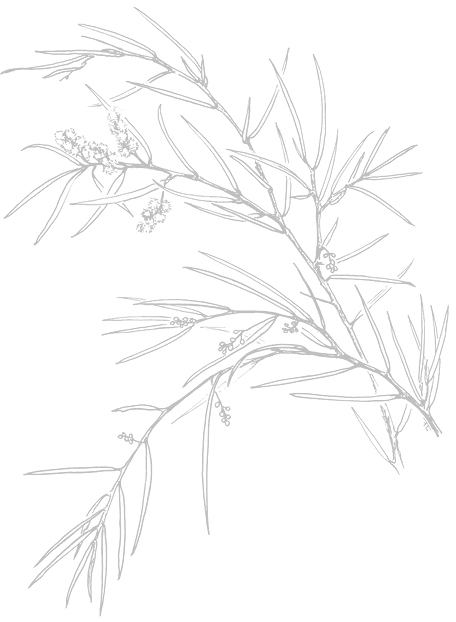
Scientific Name: Tricostularia pauciflora
Common Name: needle bogsedge
Family Classification (Clade): Monocots
Family: Cyperaceae
Threatened Species Status: Rare
Permit: It is an offence to collect, disturb, damage or destroy this species unless under permit.
Form Description: Tufted perennial sedge with rather stiff stems, circular in cross-section.
Flowers: In 4-5mm long spikelets.
Fruit: Nut – dark brown, 2.5mm long.
Municipality
Plant Communities
Habitat Notes
Sandy heaths and dunes, heath on clay soils, and coastal areas in the Furneaux, north-east and east coast.
Propagation Calendar
-
Flowering Month
Jan Feb Mar Apr May Jun Jul Aug Sep Oct Nov Dec -
Seed Collecting Month
Jan Feb Mar Apr May Jun Jul Aug Sep Oct Nov Dec -
Sowing Month
Jan Feb Mar Apr May Jun Jul Aug Sep Oct Nov Dec -
Cutting Month
Jan Feb Mar Apr May Jun Jul Aug Sep Oct Nov Dec
Propagation Method
Seed Information
Seed Collection
Can be grown easily from seed.
Seed Treatment Method
Bog Method The seeds of many wetland species need to be kept wet to germinate. Punch a hole in the side of a recycled polyfoam box so that it holds water to the required depth. Sit the tubes in the box to germinate. Once germinated, punch holes in the bottom of the box to allow drainage.
Seed Storage Life
Up to 3 years
Seed Treatment Notes
Smoke treatment or leaching may be useful. Surface sow, or cover lightly. May be successful in direct seeding.
Cutting & Division Information
Can be grown easily by division, although the plants take a while to recover when divided.